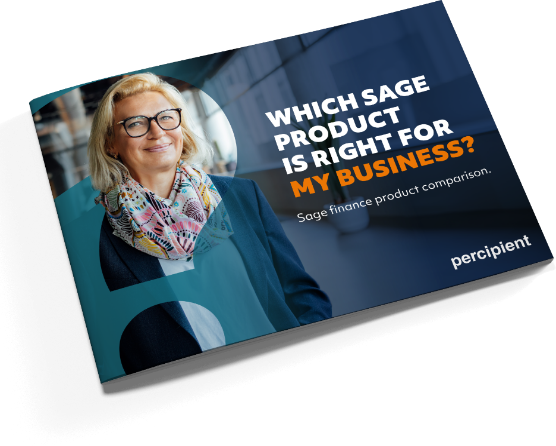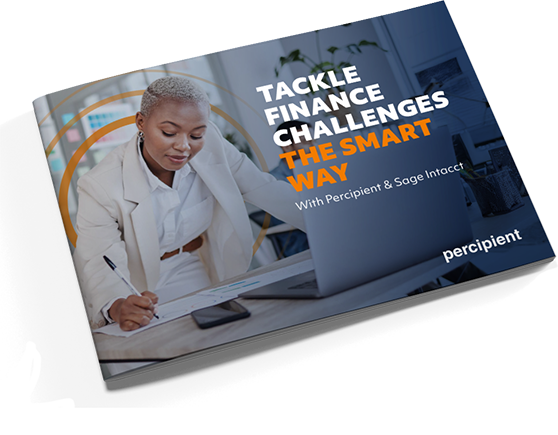How the Right Technology Can Deliver a Sustainable Advantage
The Global Sustainability Study 2021 showed that 85% of people have shifted their purchasing behaviours towards being more sustainable over the past five years, with 88% of consumers wanting brands to help them improve their environmental and social footprint.
This shift is particularly evident in the hospitality sector, where, according to Booking.com’s Sustainability Report, 73% of travellers would be more likely to choose accommodation if it has implemented sustainability practices. Increasingly, guests support brands that manage and communicate their environmental initiatives, particularly those that can show awards alongside national and internationally recognised sustainability standards.
Increased pressure from customers has put sustainability very firmly on the corporate agenda for hospitality businesses. Rising energy and water costs, emerging regulatory requirements and a fear of being left behind by the competition, have all served to push sustainability further up the priority list too. And research by the Sustainable Hospitality Alliance highlights that the hotel industry needs to reduce its carbon emissions by 66% per room by 2030, and by a further 90% per room by 2050, to make sure that the industry’s growth forecast doesn’t create a corresponding increase in carbon emissions, the task in hand is by no means small.
Looking Beyond the Greenwash
While we’re seeing a variety of initiatives across the industry, such as the removal of single-use plastics, the reporting of water use and energy consumption, and a greater effort to use locally sourced food and suppliers, the impact of these initiatives is not always easy to judge. And herein lies the problem.
The industry is keen to do the right thing, to boost customer loyalty and satisfaction while fulfilling corporate social responsibilities and we’re seeing more organisations across the sector publishing sustainability reports to outline their environmental credentials, but how much of this is lip service or even ‘greenwash’?
Guests are more informed and more discerning than ever before and are looking for proof that they’re choosing an environmentally responsible business. And while sustainability is proving to be a key differential for hospitality businesses, no longer merely the right thing to do but now a key driver of competitive advantage, any claims need to be grounded in fact, based on data-driven decisions that will ultimately have a tangible impact on improving an organisation’s environmental credentials.
With this in mind, more hospitality businesses are looking to technology for help. With the right systems in place, it’s possible to not only identify the areas of the business where sustainability initiatives will have a real impact, but to amend practices and processes accordingly, and to be able to demonstrate to customers exactly what a business is doing and why, as well as the impact these initiatives are having.
Identifying Areas for Change
A broad-brush approach to sustainability simply doesn’t work, with a series of targeted initiatives the only way to improve environmental performance. For example, many businesses may claim they’re going to reduce their energy consumption across the board. But the real questions should be where energy use can be reduced, what impact will this have on the business, from both a sustainability and cost point of view, and how can this be monitored and communicated to customers.
Access to business-wide information is crucial when it comes to identifying any areas for change. The bringing together of data from right across the organisation is the only way to gain a comprehensive view of not only energy use, but the use of all assets and resources, from people through to plastics. The right technology can facilitate this visibility, drawing information from multiple departments, locations, entities and systems to deliver a real-time view of the entire organisation. This approach, creating a single version of the truth, forms the basis for achieving effective change.
By analysing this data, and transforming information into insight, it’s possible to spot anomalies, patterns, trends and opportunities, highlighting exactly what can be changed for the benefit of the environment, and enabling intelligent, informed predictions about just what impact these changes will have.
Insight into Action
Take boutique hotel group, Dakota Hotels, for example. By amalgamating data from right across the organisation in a single centralised ERP solution, the business was able to better understand energy costs and consumption, enabling the team to set a benchmark from which to make improvements.
Using sensors and meters, the business collected data from a range of different areas of the business. Then, using its ERP solution to contextualise this data, transformed it into the insight needed to present to key decision-makers across the business. The granularity of this insight was such that the business could thoroughly review energy costs and consumption. Making the necessary adjustments that ultimately benefited the bottom line, whilst at the same time demonstrating to customers their sustainability credentials.
As well as being able to demonstrate our initiative to an increasingly environmentally-conscious consumer, we have been able to reduce our energy bills by tens of thousands of pounds each year. At a time where costs are under close scrutiny this has been incredibly welcome as both a short term saving as well as a long term one. As we move increasingly towards renewable energy usage, the system will be crucial in evaluating its value against other sources.
Overall Efficiency
Sustainability isn’t just about environmental impact but creating organisations that are operating at their optimum levels of efficiency. The right technology is key to this too, streamlining processes and procedures, automating time-consuming manual tasks where possible and freeing up staff to focus on value generation. Organisations can spend less time inputting data and more time acting on it, using the resulting insight to deliver real value to the business, in terms of both sustainability and profitability too.
Monitor the Impact
The ability of the right solution to manipulate the available data according to an inordinate number of categories should not be undervalued by hospitality businesses. Analysing a breakdown of how any changes are impacting every area of the organisation, so they can examine data according to individual hotels, individual departments, floors, rooms and periods – the possibilities are endless.
The right solution underpins the sight of the bigger picture when it comes to overall business performance, as well as focusing on the details that are so important for managing a hospitality business. It’s this level of detail that ensures that any changes and initiatives carried out in the name of sustainability are for the good of the business as a whole, heading-off any problems before they become business risks.
Proof Points
Being able to provide evidence of just how effective sustainability initiatives are is becoming more important, not just to reassure environmentally conscious customers but to develop the proof points that are needed to secure nationally and internationally recognised environmental standards.
The right technology can gather, analyse and display the unique data that drives a hospitality business in accessible and easy-to-understand reports, customised to suit the needs not only of an individual business but different audiences too. What’s important to regulators might not be of interest to customers, and vice-versa, but technology that can differentiate and respond accordingly is what’s needed. With advanced reporting tools to show visuals of critical environmental performance metrics delivering the very answers that different stakeholders are looking for.
It’s only with this capability that hospitality businesses can demonstrate the impact of their sustainability efforts, highlighting their environmental credentials grounded very firmly in fact.
The Sustainable Advantage
For hospitality businesses who are serious about staying one step ahead of the competition when it comes to sustainability, data is king. By providing business-wide visibility, in real-time, the right technology can pinpoint where the most impactful changes can and should be made. Supporting sustainable practices with comprehensive, factual insight.
The right solutions can also deliver that all-important evidence of effective environmental impact. Furnishing the business with the information needed to not only communicate to customers but to the industry as a whole. Implemented effectively, sustainability can become a key driver of competitive advantage, increasing customer loyalty and brand appeal, while laying the foundations for more efficient operations and a more profitable business.
Hospitality Finance Specialists
We help hospitality businesses get the most out of their back-office solutions. Using the latest cloud technology, our finance solutions enable you to seamlessly integrate with your existing systems to give you one complete view of your operations.
Get in touch to find out how our cloud-based finance solutions can help your business, or register your interest for one of our coffee break demos.




